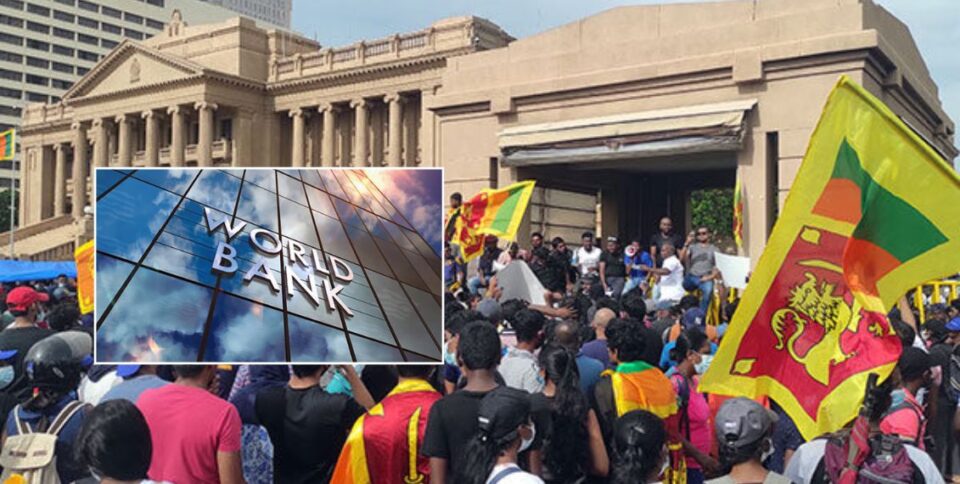COLOMBO (Oct 7) — The World Bank on Tuesday said that while Sri Lanka’s economic recovery has shown signs of strength, it remains incomplete and fragile, warning that deeper structural reforms are needed to sustain progress.
“Sri Lanka’s recent economic performance has been strong, but the recovery remains incomplete,” the World Bank said in its latest update. “With growth still below pre-crisis levels and poverty significantly elevated, strengthening the recovery will require continued macroeconomic stability, urgent structural reforms, and more efficient, better-targeted public spending.”
The bank noted that despite improvements in inflation, reserves, and fiscal stability, growth has yet to return to pre-2019 levels, and living costs remain high for many households.
Sri Lanka’s economy collapsed in 2022 following a severe foreign exchange crisis, triggered by the combined impact of the COVID-19 pandemic, unsustainable debt, and policy mismanagement. The crisis led to fuel shortages, street protests, and the eventual ouster of the then-government.
The turnaround, the World Bank said, has been largely supported by a four-year, USD 2.9 billion IMF bailout, which is tied to strict fiscal and governance reforms.
Officials say that while key indicators have improved, including the stabilization of the rupee and the easing of import restrictions, revenue mobilisation, debt restructuring, and social protection spending remain major challenges.
The World Bank urged Colombo to prioritise reforms that promote private sector growth, improve public sector efficiency, and protect vulnerable communities during the adjustment process.

